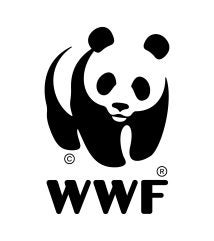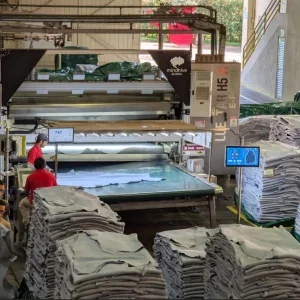
Environmental and nature conservation organisation WWF Pakistan is to foster traceability and address the pollution and human impacts associated with the Pakistan leather sector as part of a sustainability programme.
Pakistan Leather Sector: Traceability, Cleaner Production and Circularity is a project that aims to enhance the manufacturing process and build the capacity of public sector and value chain players.
It is part of the Sustainable Manufacturing and Environmental Pollution (SMEP) Programme, which was established by the UK’sForeign, Commonwealth and Development Office (FCDO) and implemented in partnership with the UN Trade and Development (UNCTAD) intergovernmental organisation. The programme aims to address the environmental and health impacts of the manufacturing sector in sub-Saharan Africa and South Asia, and some of the most pressing challenges associated with plastic pollution.
WWF Pakistan has collaborated with partners including Punjab Agriculture & Meat Company (PAMCO), Pakistan Council Of Scientific & Industrial Research (PCSIR), Information Technology University (ITU), and Leather Field Pvt to identify the actors in the leather value chain while promoting cleaner production and circularity in the leather sector.
This approach also positions the industry to meet the growing demand for responsibly sourced leather products in global markets.
The project aims to:
- Develop and implement a digital traceability toolkit to trace leather hides from direct suppliers/direct supplier farms to the factory. This will increase transparency, provide insights into the leather value chain and improve compliance with international standards.
- Recycle waste generated from leather processing by converting trimmings, fleshing and shavings into water-resistant surfactants. This will promote circularity within the sector.
- Decrease pollution in wastewater by utilising lipase enzymes, phasing out the need for imported commercial agents and toxic organic solvents. This will foster cleaner production and a reduced impact on workers’ health.
The leather sector is a vital component of Pakistan’s economy, ranking as the third-largest export industry and contributing approximately 4% to the national GDP. It is a primary source of livelihood for over a million people.
The FCDO, meanwhile, has committed £24.6m to deliver research and related interventions to meet programme objectives. The SMEP programme was commissioned in mid-2019 and will run until October 2026.






